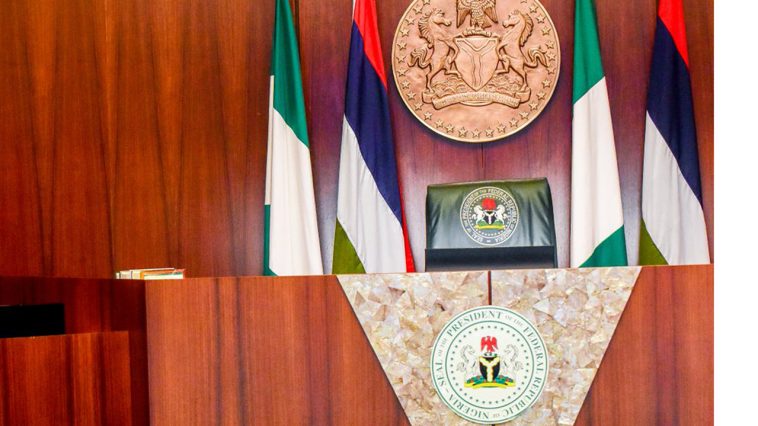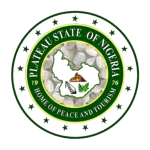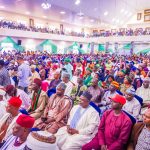By Dahiru Yusuf Yabo
In the grand political theatre of Nigeria, nothing stays buried forever—especially not unfinished national experiments. As the 2027 elections approach, an old name is quietly resurfacing with fresh strategic relevance: Dr. Goodluck Ebele Jonathan. Once dismissed, even vilified in the heat of 2015, Jonathan now stands as a potential vessel for healing, reconciliation, and constitutional balance in a wounded republic. The idea is neither revisionist nor sentimental—it is strategic, timely, and in sync with Nigeria’s unspoken yet powerful principle: rotational presidency.
This essay argues that in the spirit of national equity and political completeness, Nigeria must consider exhuming the Jonathan presidency—not as a relic of the past, but as the final piece in a full-circle arrangement of two-term regional balance between the West (Obasanjo), the North (Buhari), and the South-South (Jonathan).
The Buried Mandate of 2015: A Presidency Interrupted Jonathan’s tenure from 2010 to 2015 was truncated by a fierce propaganda onslaught, internal sabotage within the PDP, and an overwhelming northern coalition determined to reclaim power after Yar’Adua’s abrupt demise. Though he served five years in total—completing Yar’Adua’s term and winning the 2011 election—Jonathan was denied the full benefit of a constitutionally allowed second term.
His defeat in 2015 marked not only a change in leadership but a deep rupture in the rotational understanding. The South-South, having only tested power once, was politically shut out. Meanwhile, the North proceeded to enjoy a full two terms under Buhari. The West, through Obasanjo (1999–2007), had already completed its eight-year circle.
Equity in Rotation: Completing the Southern Triangle If the rotational presidency is to be meaningful and stabilizing, then its application must be measurable and equitable, not selective or manipulated.
The logic is simple:
Obasanjo (Southwest): 8 years (1999–2007)
Buhari (Northwest): 8 years (2015–2023)
Jonathan (South-South): 5 years (2010–2015), denied a second term
This reveals a structural imbalance that urgently needs redress. If Nigeria is to avoid explosive identity politics and preserve the integrity of power rotation, then a Jonathan presidency in 2027 for a final, one-term tenure is both symbolically and constitutionally sound.
A Return That Heals, Not Polarizes
Jonathan’s reemergence would not be an act of desperation or nostalgia, but one of restorative justice and national recalibration. Unlike Tinubu, whose presidency is burdened by legitimacy questions and a narrow power base, Jonathan represents a broader national consensus:
He is not a threat to the North, having already handed over peacefully.
He is acceptable to parts of the West, especially disillusioned with the Tinubu-led APC.
He remains the only South-South figure with executive federal experience, post-Obasanjo.
He is viewed globally as a statesman, not a strongman.
His return would complete a democratic cycle unjustly broken—and it would cool the ethnic resentments stoked by both the 2015 betrayal and 2023’s power imbalance.
A One-Term Presidency as Constitutional Poetry
Jonathan, by virtue of Section 137(3) of the Nigerian Constitution, can only serve one more term. This reality is not a limitation—it is a strategic advantage.
It makes him the ideal transitional leader:
He will not contest for re-election, avoiding power monopoly.
He can midwife a national reform agenda, including restructuring, electoral credibility, and constitutional amendments.
He can unify old and new political blocs while opening space for youth and Southeast inclusion.
This one-term certainty transforms Jonathan from a recycled politician to a unique transitional figure, ready to stabilize the federation and hand over peacefully in 2031.
Conclusion: The Circle Must Be Complete
We often say Nigeria is a country of unfinished business. The case of Jonathan is one such example. In 2015, a project of inclusion and transformation was interrupted—not necessarily because it failed, but because it was too vulnerable, too early, and too encumbered by toxic loyalty circles. Today, many of those accessories of error have faded. The man remains.
To bury him in 2015 was political. To exhume him in 2027 may be providential.
It will not only balance the moral architecture of rotation, but also restore the broken trust among Nigeria’s regions, stabilize a country on edge, and reaffirm that no region’s voice is disposable.
The presidency is not just about performance—it is also about perception, fairness, and healing. And in a time like this, perhaps Jonathan’s second coming is not a resurrection of the past, but a completion of a democratic circle.
Dahiru Yusuf Yabo PGD-CMPC, MCM & MPPA Political & Security Analyst | Former Commissioner, Gubernatorial Candidate 2011| Publisher Yabo Int’l Magazine






